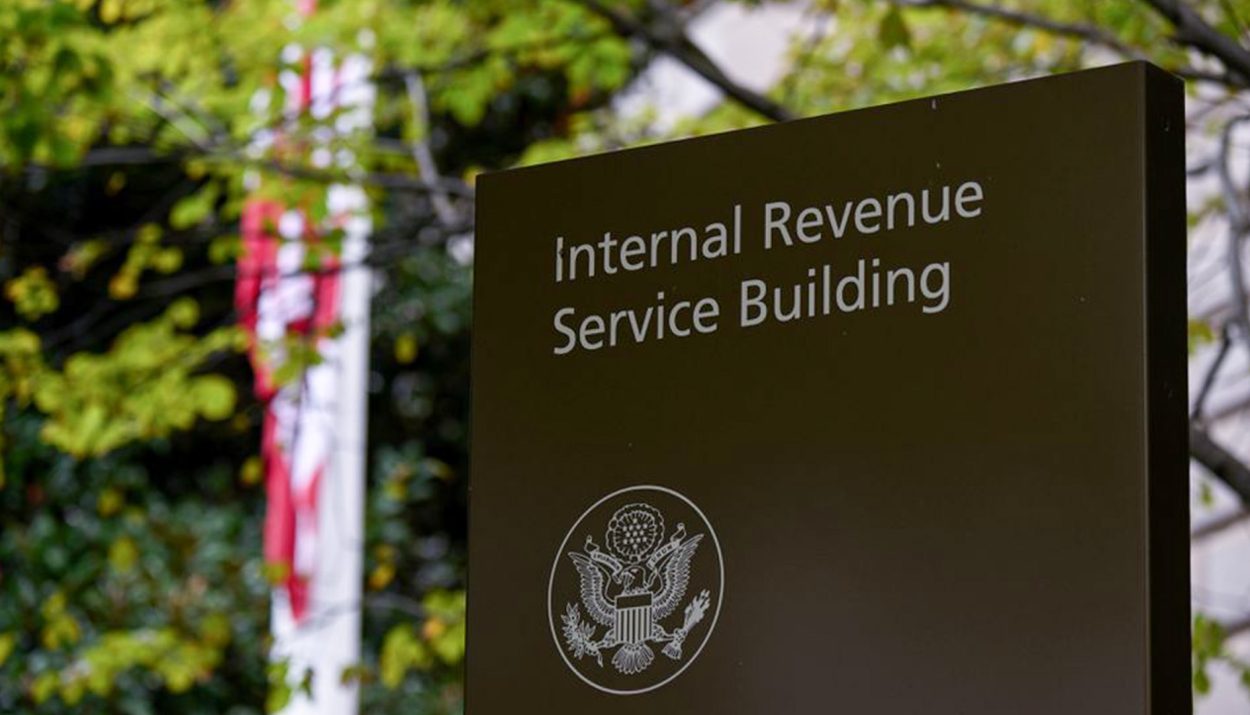The Internal Revenue Service (IRS) recently announced the plan to target taxpayers that report the personal usage of their corporate jets as a deductible business expense. This is just one of the primary ways that the IRS working under the Biden Administration is striving to take down the unfair tax cheats used by the wealthy.
The IRS Plans To Begin ‘Dozens’ Of Audits On Business Aircraft
The IRS published a new release in late February that the “dozens” of audits will focus on business aircraft that involves personal usage. According to the news release, the agency will target large partnerships, large corporations, and high-income taxpayers that write off the use of corporate jets.
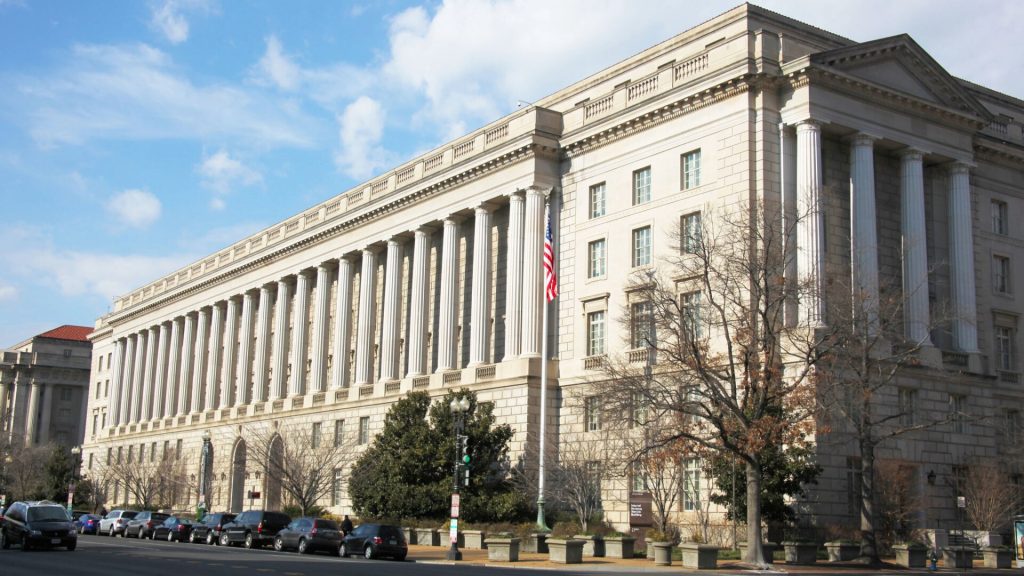
The primary goal is to focus on ensuring the proper allocation between personal and business usage of these high-priced methods of transportation.
IRS Will Use Advanced Analytics, Resources For Examination Purposes
The Internal Revenue Service will utilize advanced resources and analytics provided by the Inflation Reduction Act for examination and investigation purposes. The agency admitted that this area has not been scrutinized very closely in recent years due to insufficient internal resources.

The IRS is currently focused on expanding its staff by recruiting and hiring additional examiners to join throughout the country. This will allow them to possibly increase the projected number of audits related to the personal usage of aircrafts in the near future.
IRS Commissioner Says Taxpayers Should ‘Have Confidence’ In Law Compliance
IRS Commissioner Danny Werfel was quoted in the news release as saying that “millions of people are doing the right thing by filing and paying their taxes” during tax season. He added that they should “have confidence that everyone is also following the law.”
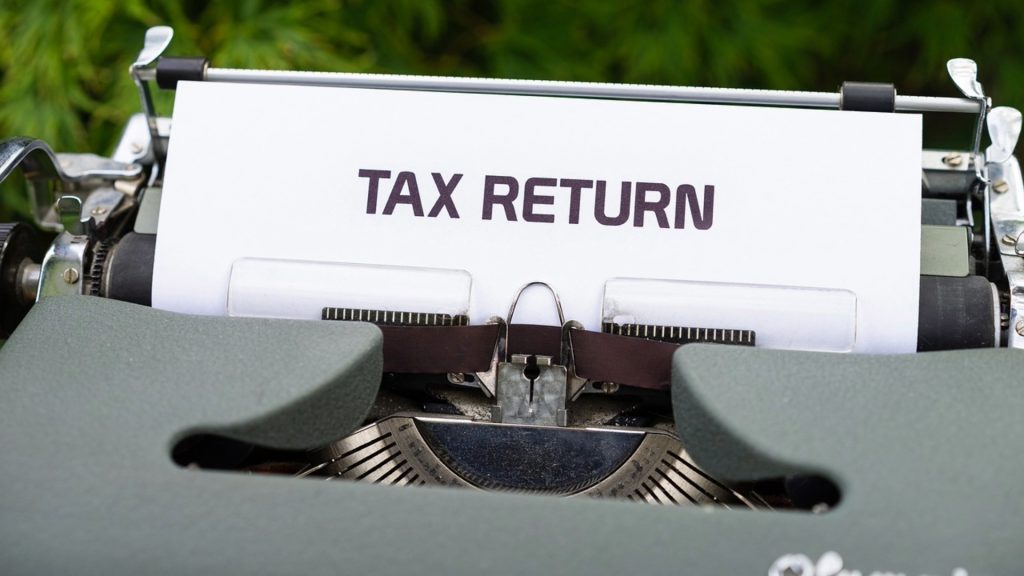
One report shows that there were over 152 million individual income tax returns filed in 2023 for the 2022 tax year. The IRS also collected close to $475.9 billion in income taxes from businesses and organizations in FY 2022.
Aircraft Audits Will Stop High-Income Groups From ‘Flying Under The Radar’
According to the IRS Commissioner, the increase in aircraft audits will assist with making sure that high-income groups “aren’t flying under the radar with their tax responsibilities.” Werfel indicated that the personal use of aircraft by executives and others “have tax implications.”
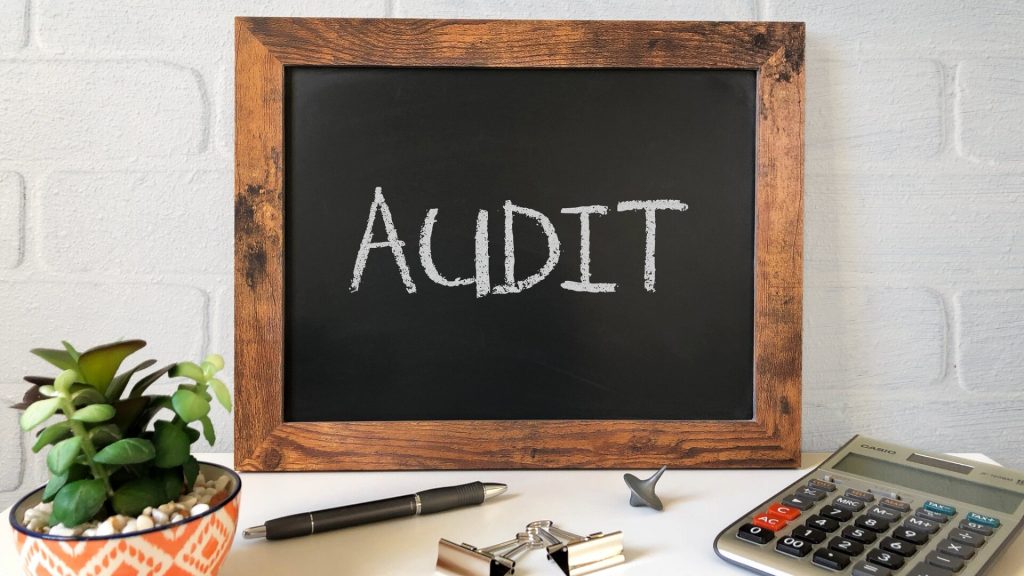
It is his hope that the “expanded resources” provided to the IRS will help this particular area to take off. Werfel is currently serving as the 50th Commissioner of the IRS and presides over the overall tax system for the United States, which reportedly collects $4.1 each year in tax revenue.
Analyzing The Tax Incentives Of The Inflation Reduction Act
The Inflation Reduction Act is notably one of the most important legislations of the Biden Administration designed to fight against climate change. It is also reportedly one of the biggest investments in the U.S. economy.
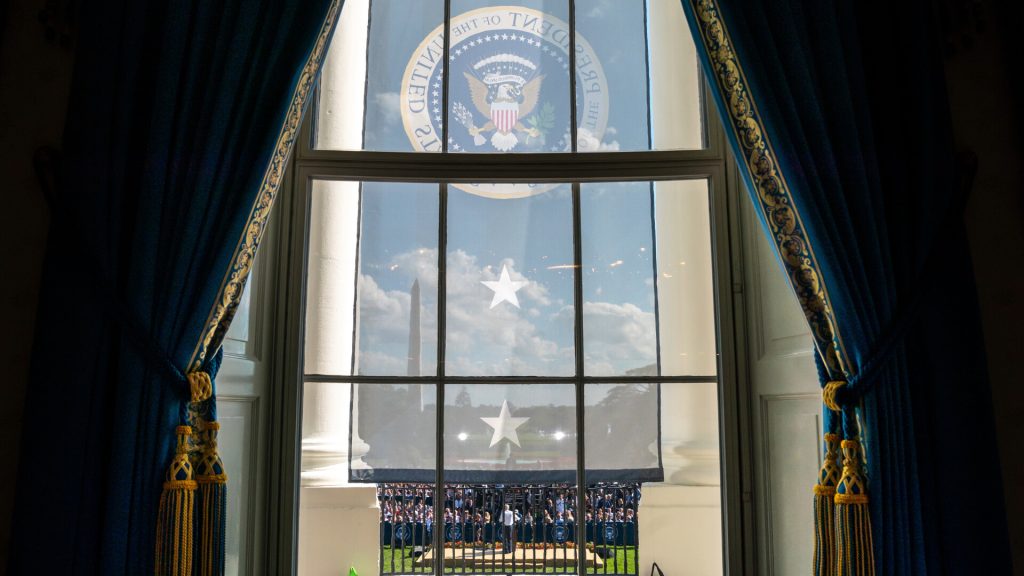
A major feature of the Inflation Reduction Act is the provision of targeted incentives to create additional opportunities within communities throughout the United States. The act expands the Renewable Energy Production Tax Credit and included a maximum credit of 2.75 cents per kilowatt-hour in 2022 that would be adjusted annually for inflation.
Clean Energy Project Developers Encouraged To ‘Meet Strong Labor Standards’
Another aspect of the Inflation Reduction Act is the encouragement for clean energy project developers to abide by strong labor standards. According to the U.S. Treasury website, the purpose was for workers to be able to directly benefit from the “clean energy economy” that they are directly helping to construct.

Taxpayers were required to pay workers the “local prevailing wage” as defined by the Department of Labor to be able to receive the increased deduction and credit amounts outlined within the Inflation Reduction Act. In addition, they were required to hire enough workers from apprenticeship programs for a minimum of 10% of the labor hours devoted to alteration, construction or repair work.
Tax Code Requires Separate Allocations Of Business Use And Personal Use
It is true that the tax code initially passed by Congress makes it possible for businesses to deduct the expenses associated with asset maintenance – including company cars and corporate jets. However, the stipulation enforced is that the deductions must be exclusively related to the business usage of these vehicles.

This means that there must be an allocation that separates the personal usage of the corporate aircraft away from the business usage. Recordkeeping to maintain this allocation can be challenging but is mandatory for tax compliance purposes.
IRS May Scrutinize Returns Filed By Those Who Make Over $1M Annually
The IRS will also reportedly scrutinize more tax returns filed by people that make over $1 million each year. According to multiple reports, the primary focus will target owners of multiple shell companies, owe large debts or may have bank accounts registered overseas.

The Foreign Account Tax Compliance Act (FATCA) has required all investment funds, foreign banks, and financial intermediaries in general to report information about the accounts under the control of U.S. taxpayers since 2015. Some estimates showed that nearly 1.5 million U.S. taxpayers collectively held $4 trillion within foreign accounts.
Werfel Working To ‘Reserve The Historic Law Audit Rates’
Werfel indicated that the IRS will continue to “increase scrutiny on high-income taxpayers.” According to Werfel, the goal of reversing “the historic low audit rates and limited focus’ that the wealthiest organizations and individuals faced in the years leading up to the Inflation Reduction Act.
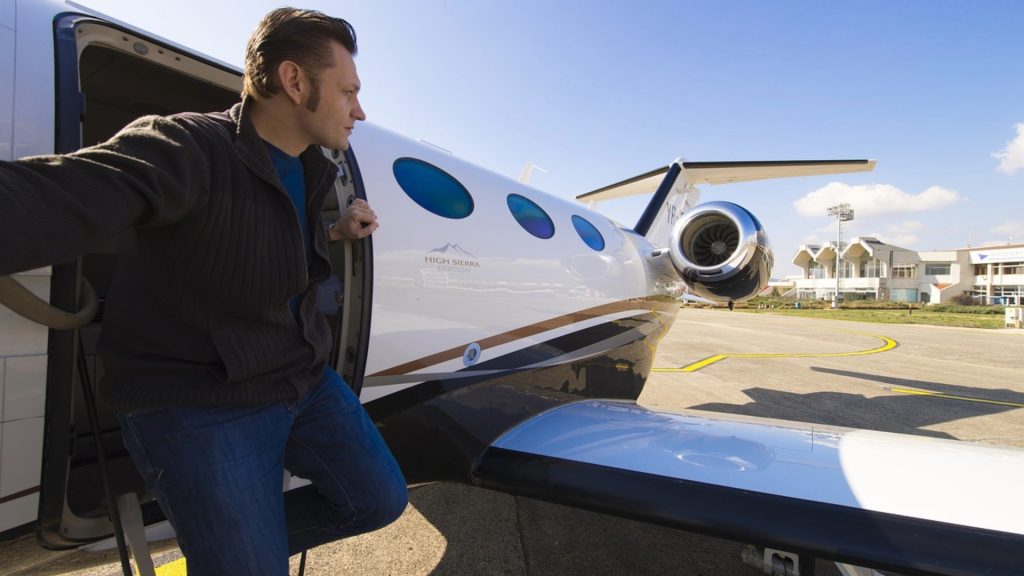
Werfel concluded by confirming that the IRS will add “staff and technology to ensure that the taxpayers with the highest income” are required to “pay what is legally owed under federal law.” He further stated that the agency will have “more announcements to make” regarding this matter.
IRS Using Audits As ‘General Deterrence’ Tactic For Lasting Impact
The IRS is reportedly using the increase of audits related to the usage of corporate jets and deductible business expenses as a strategic tactic for long-term change and lasting impact. According to the United States Courts website, the concept of “general deterrence” assumes that the general population is deterred from breaking the law when they are made aware of other lawbreakers being punished for their actions.

The overall goal is to use this method to raise awareness to those using the high-level tax cheats and adjust their behavior accordingly. For instance, if one high-profile taxpayer is prosecuted over their private jet tax deductions, it would raise a red flag for many other high-profile taxpayers that could encourage them to change their behaviors.
Tax Cheating Had Low Risks For Wealthy Americans During Trump Administration
There was reportedly low risk involved for the wealthiest Americans that focused on “tax cheating” during the years of the Trump Administration. According to IRS data, over 750 corporations received a pass and had their audit rate cut in half.
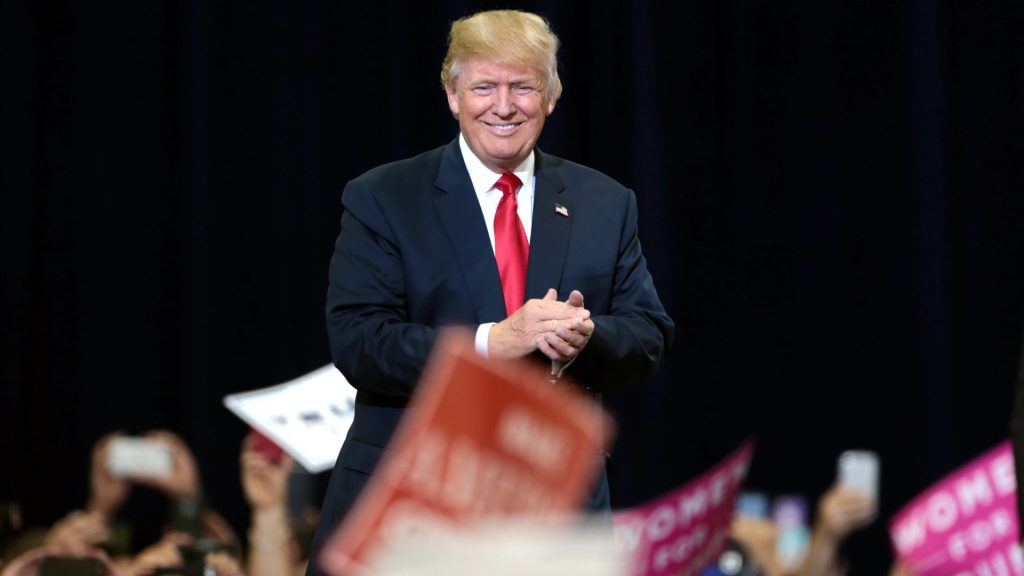
One analysis compared tax returns from the final year of the Obama presidency in 2016 with the final year of the Trump presidency in 2020. The tax for very-high-income households increased by 65 percent between those two years, skyrocketing from 16,097 (Obama) to 26,517 (Trump). However, the audit completion rate also plummeted.
President Biden Said ‘The Tax System Is Not Fair’
President Joe Biden stated during his State of the Union address last year that “the tax system is not fair.” He added that “no billionaire should be paying a lower tax rate than a schoolteacher or a firefighter.”
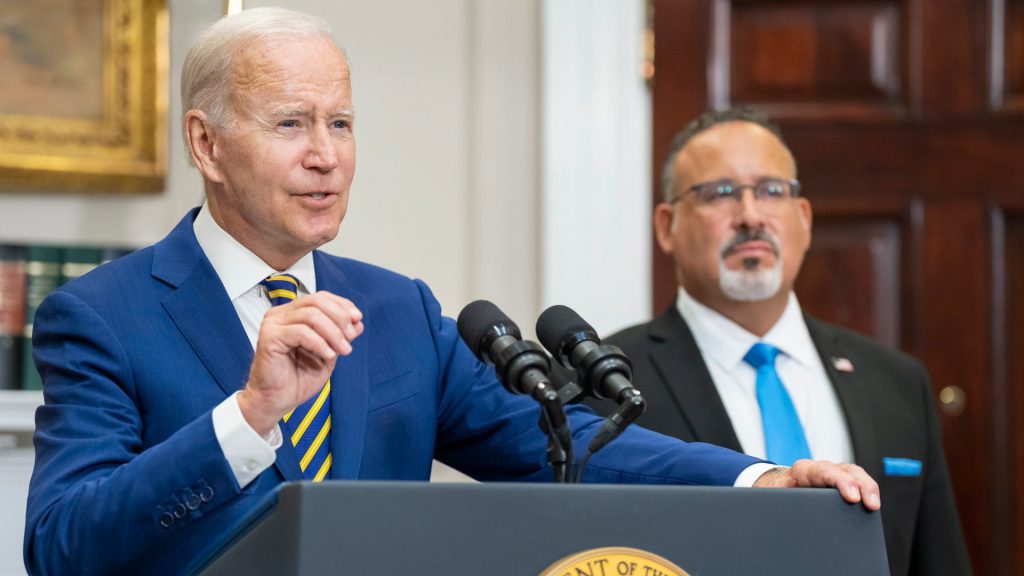
Biden pledged to not increase audit rates or taxes on taxpayers that make $400,000 or less. IRS Commissioner Werfel stated around the same time that the IRS would work hard to establish a “world-class customer service operation.”
U.S. Has Largest Market Of Business Aviation In The World
The U.S. reportedly has the largest market of business aviation by far in the world, according to Statista. For instance, one report shows that there were nearly 21,900 business aircraft throughout the United States in 2019 alone. By comparison, there were only 4,159 business aircraft used throughout Europe during that period.
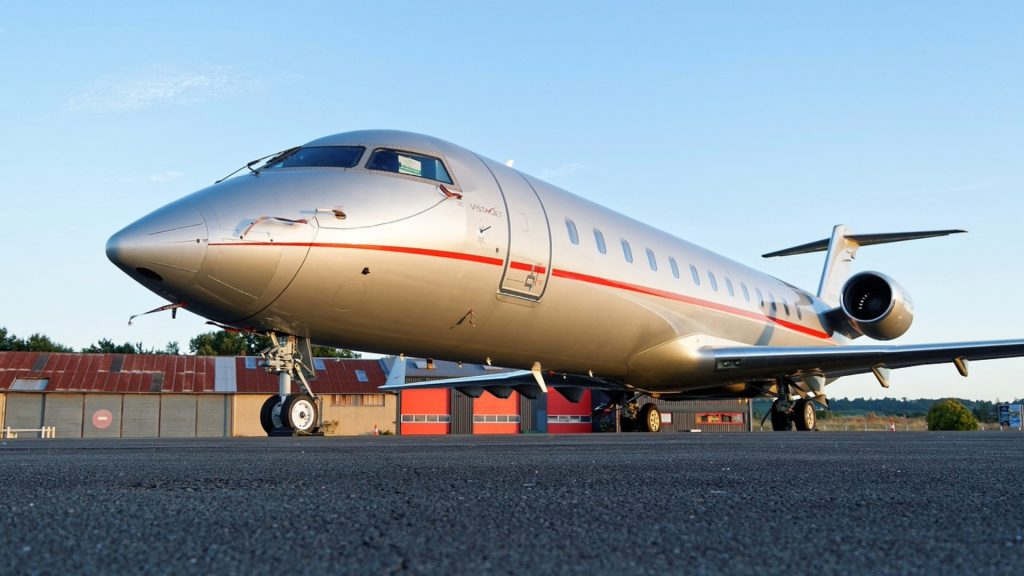
The business aviation market includes various companies for varying sizes that use various types of aircraft – including turbine aircraft and single-pilot planes. Turboprops and jets are reportedly the two most popular business aircrafts used within the United States.
The Impact Of COVID-19 On the U.S. Business Aviation Market
The U.S. charter market took a major hit in 2020 like many other business industries. For instance, the market size dropped to $25 billion (USD) that year.
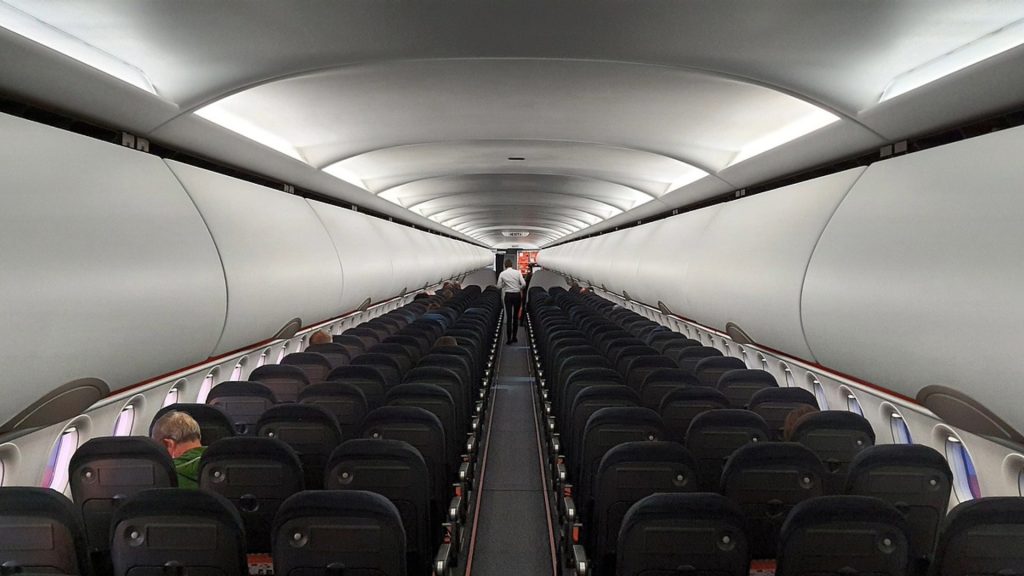
In addition, with the coronavirus pandemic shutting down a lot of travel, business aircraft operators only reportedly flew a collective 1.28 million hours within the U.S. This decrease was relatively low when compared to the impact that the pandemic had on the commercial market.

